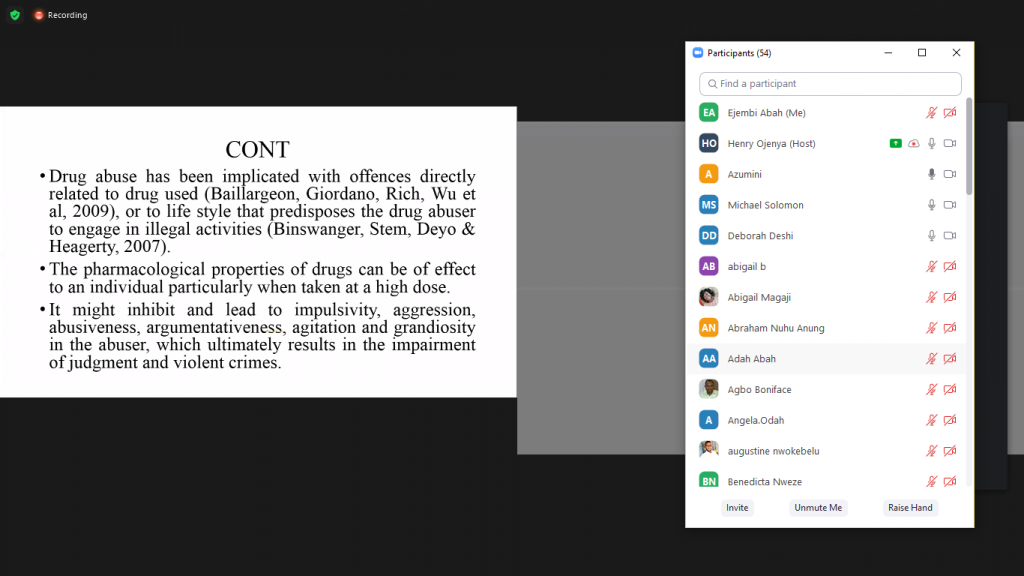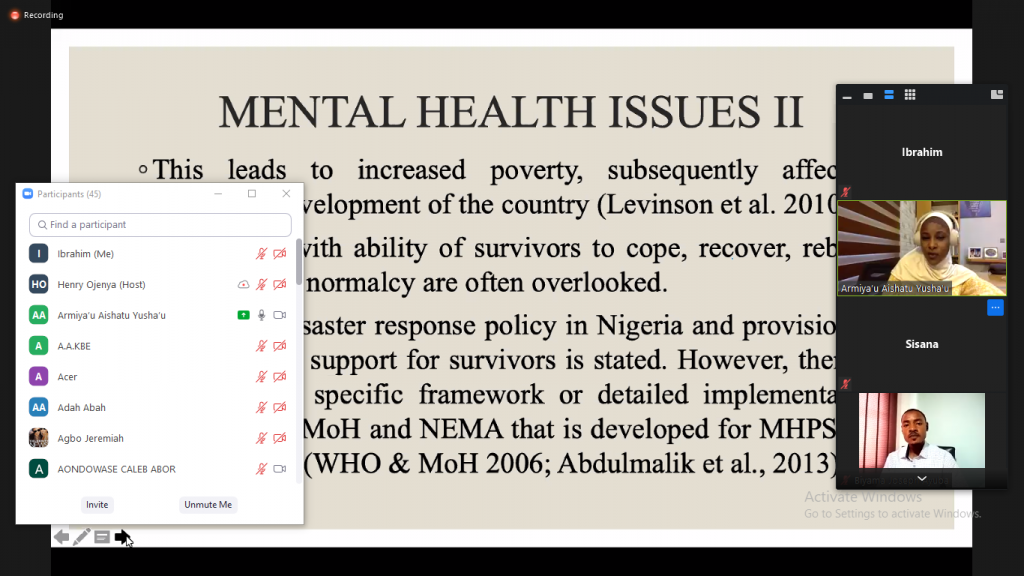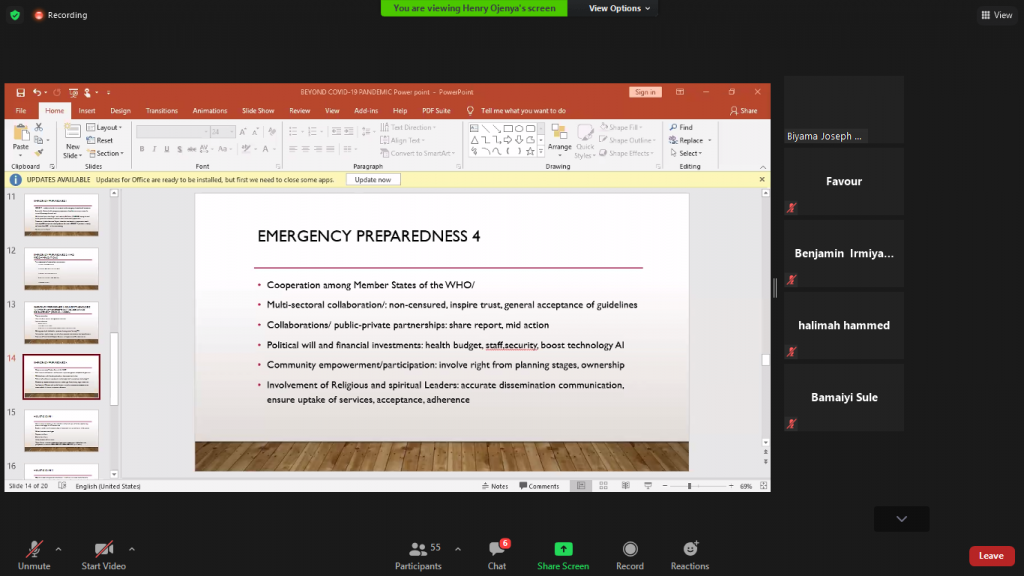past
PROJECTS
CHARIS have undertaken projects aimed at mental health promotion and reorientation; Response to drugs and related issues.
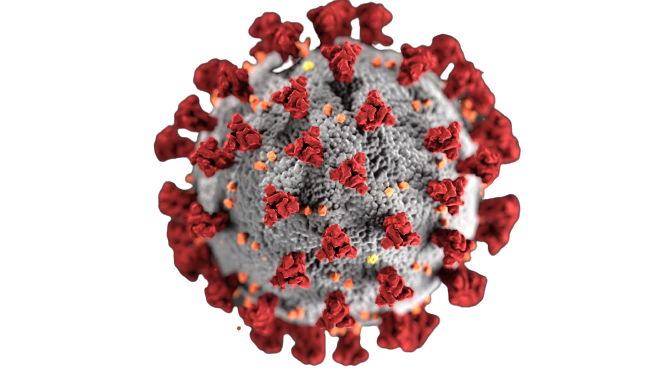
COVID-19 Prevention & Support For Vulnerable and Key Population
Project Title: COVID-19 Response and Psycho-social Support – Funded by Anabaptist Church
Project Description & Key Deliverables
- Provision of psychological first aid to target beneficiaries, particularly for survivors of COVID-19 as well as the general community members. The initial distress caused by the pandemic reduced and short- and long-term adaptive functioning and coping mechanisms fostered.
- Psychological Testing and counselling – Standardized psychological tools like depression scales, Anxiety test administered. Counselling services provided for individuals with mental health distresses stemming from COVID-19.
- Suicide prevention interventions – Suicidal risk as a result of COVID-19 prevented among beneficiaries. Community access to care increased and protective processes like social support and coping mechanisms strengthened.
- Individual and Group Trauma Healing Sessions – Individual and group trauma healing intervention established.
- Mutual support groups established.
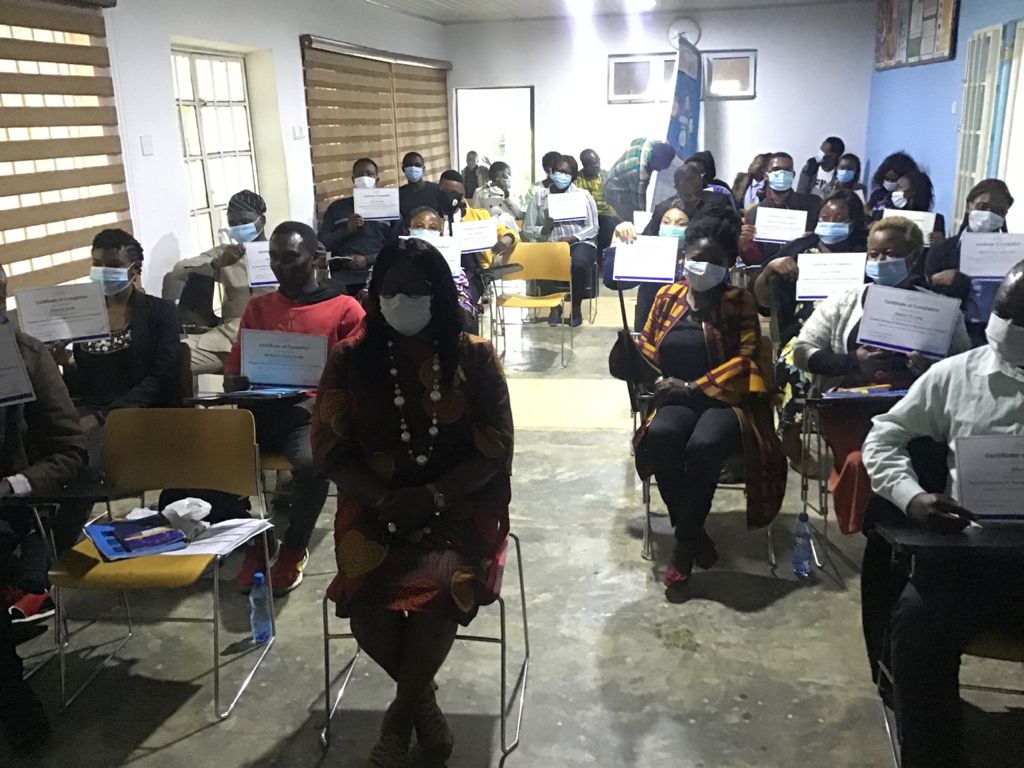
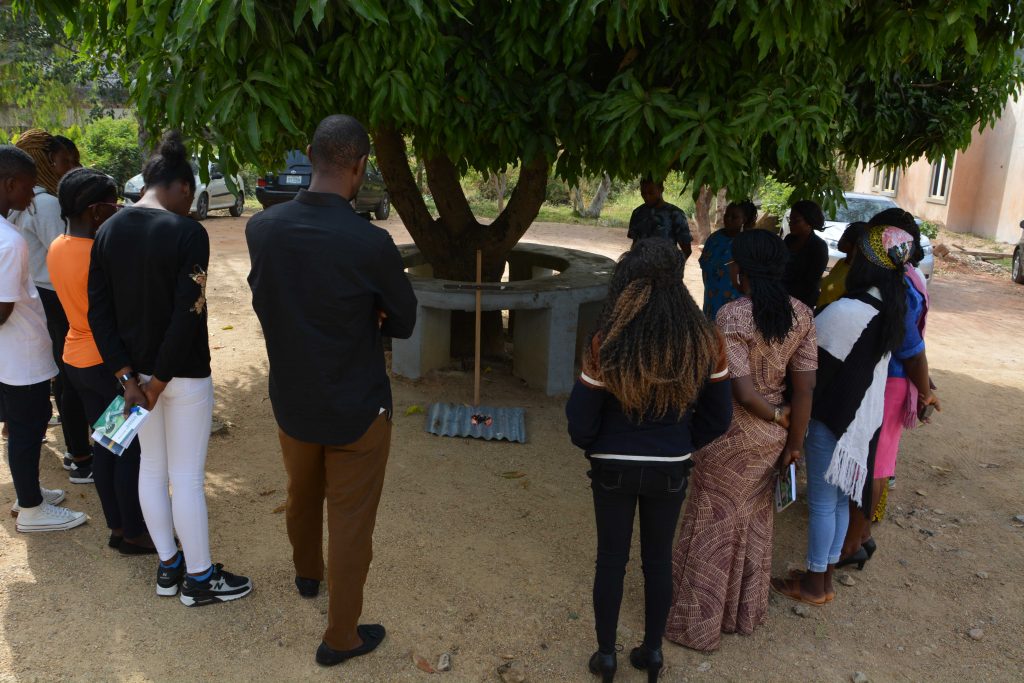
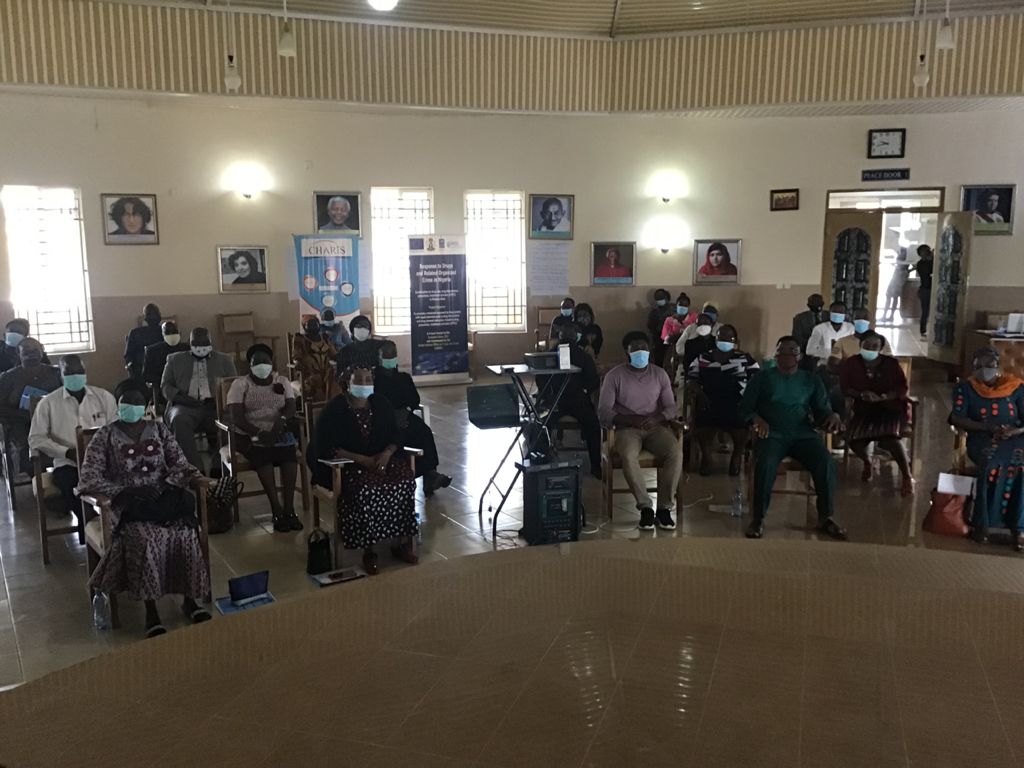
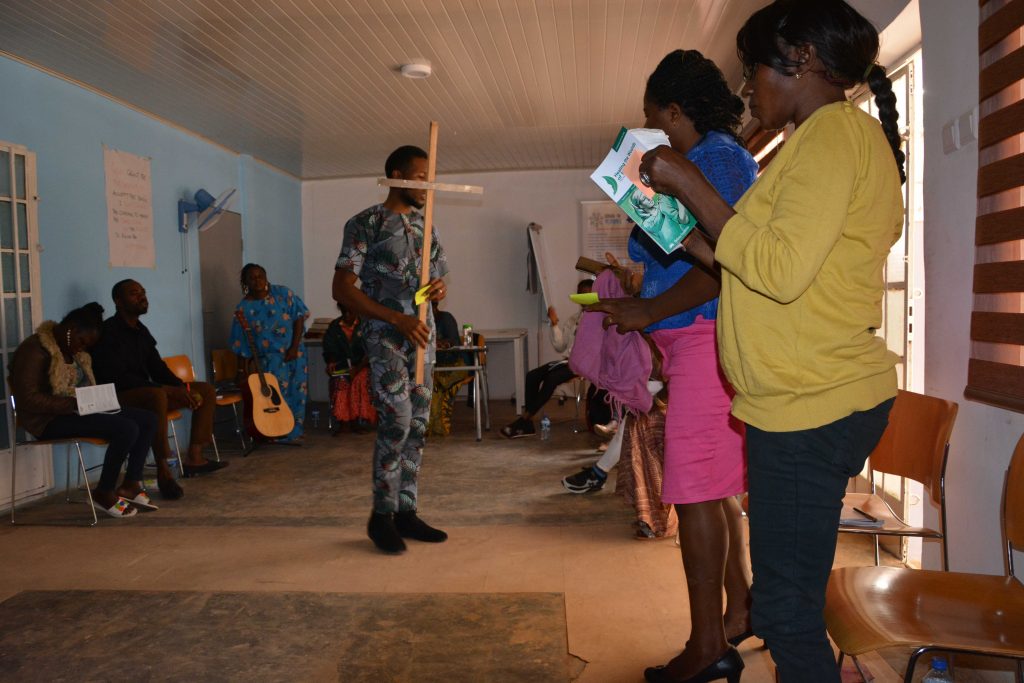
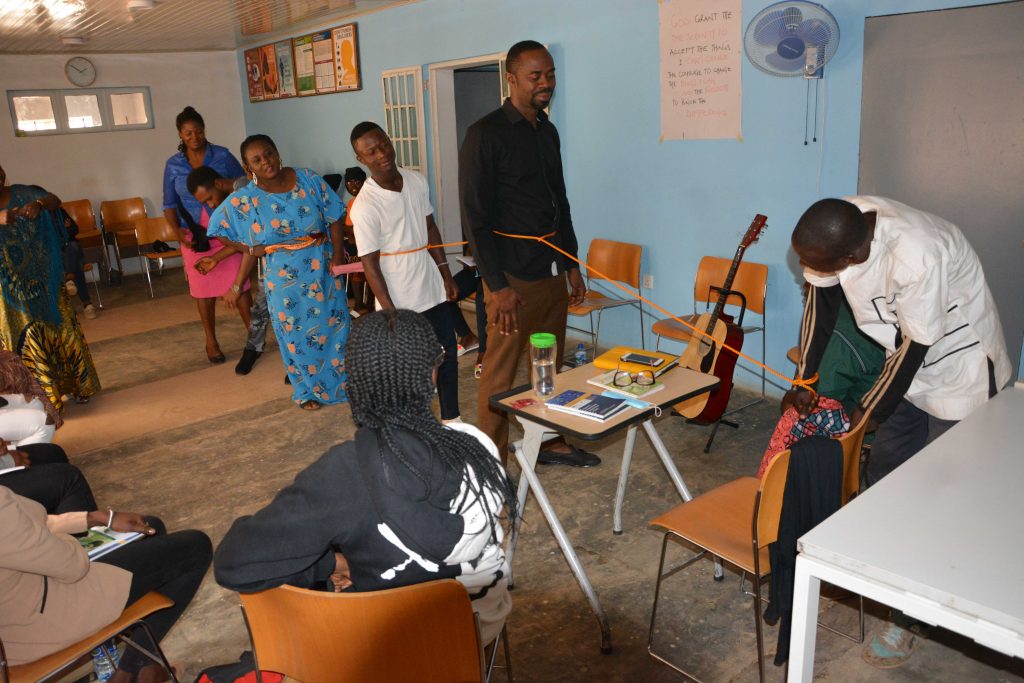
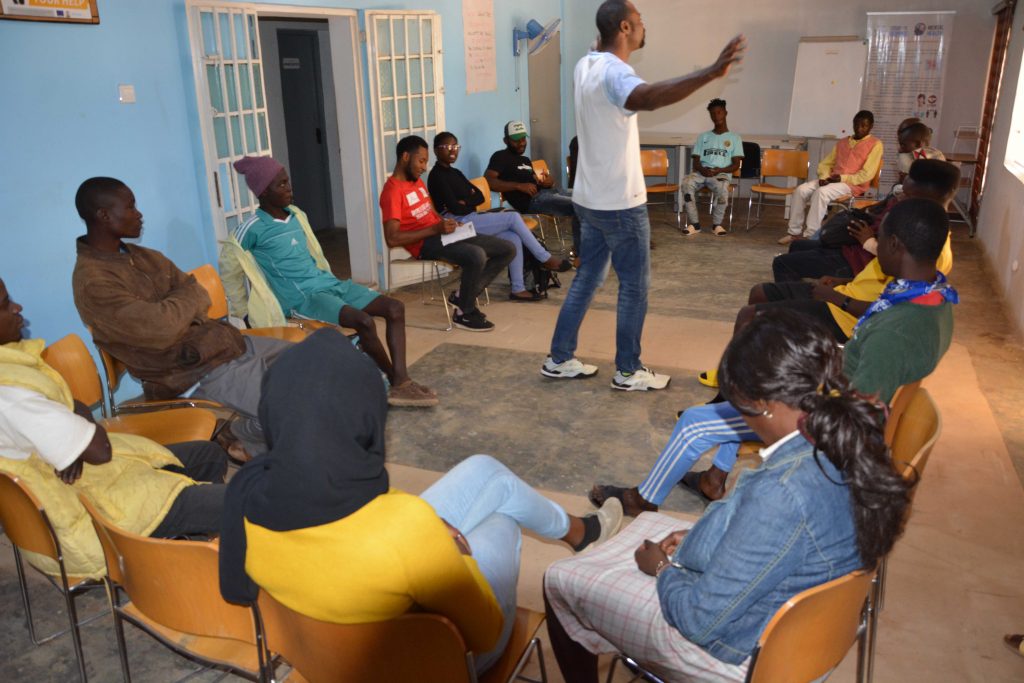
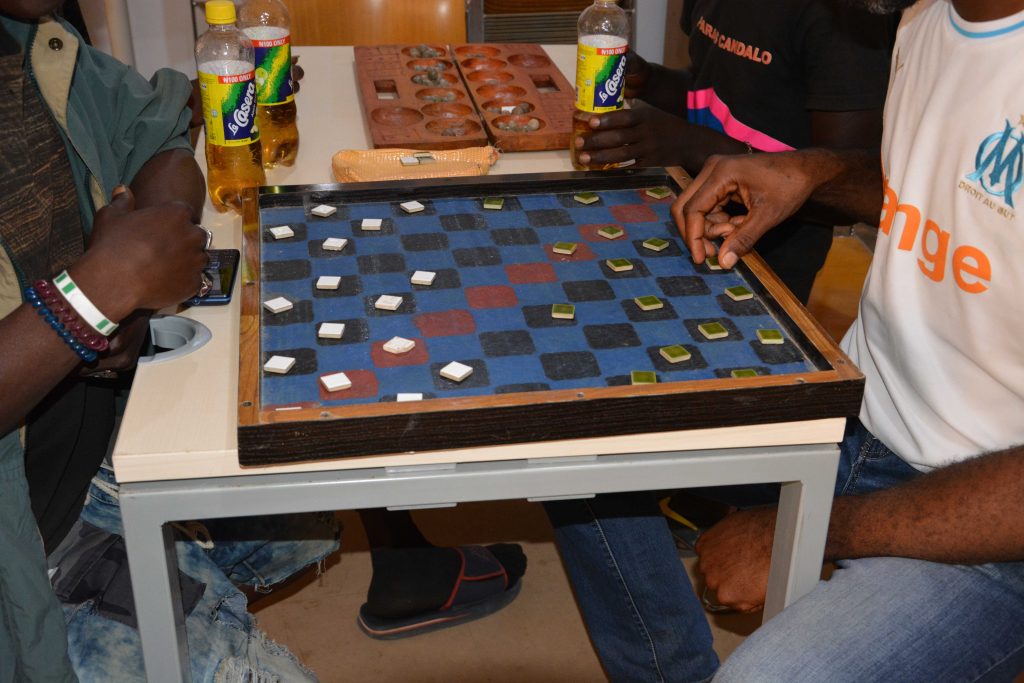

Charis - ROSA LUXEMBURG Stiftung (RLS) Foundation Roundtable I
Project Title: Mental Health As A Panacea To National Building
Project Summary:
CHARIS through funding from Rosa Luxemburg Stiftung (RLS) in April 2019 held a roundtable discussion on Mental Health as a Panacea to Nation Building. The goal of the roundtable was to strengthen the effort of organizations and individuals dedicated to the defence of popular interests, participatory democracy, inclusive development and social justice to respond appropriately to issues surrounding mental health and nation building.
Beneficiaries
Academia, students, members of civil society organizations (CSOs), heads of traditional institutions, local leaders and community gate keepers, political stakeholders, decision makers, law enforcement agents, mental health professionals, RLS country representative, staff and volunteers of CHARIS, gentlemen of the press and the general public.
- Substance Use, Violence and Crime: Antithesis to Nation Building.
- Addressing Strategic Imperatives in Mental Health – Political Change and Collective Leadership.
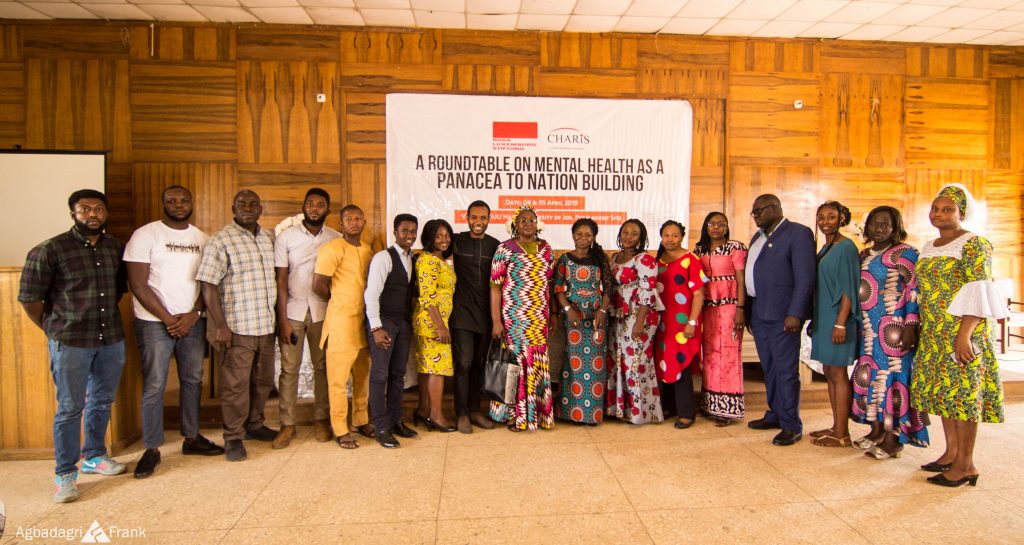



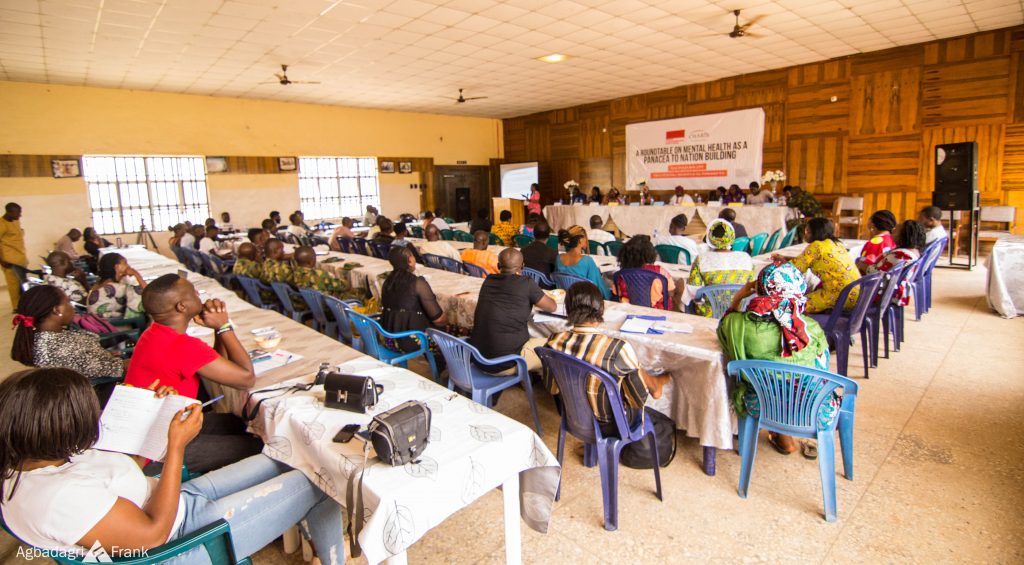

Key Deliverables
- Increased knowledge on evidence-based information on governance responsibility and collective leadership among populace
- Advocacy for policy makers to promote the general well-being of patriotic Nigerians
- Mirrored on the state of the nation and the urgency for sustainable action among electorates and political leaders to curb crime and violence associated with substance use.
- Promoted anecdotes messages to achieve significant positive attitude change among the general public towards the mental health of individuals.
- Stirred up the need to push for the adoption of the mental health bill at the national assembly.
- Addressed shallow political economy and its effect on nation building.
- Peace promoted and issues of social struggles addressed

UNODC RESEARCH ON WOMEN DRUG USE & QUALITY OF LIFE
Research Title: A Comparative Assessment of Substance Use Experience of Subgroups of Female Commercial Sex Workers
KEY DELIVERABLES
- Qualitative and quantitative methods.
- Key Informant interview and Focus Group Discussions carried out in 2 selected states in North Central Nigeria.
- Results revealed themes around prevalence of substance use, comparison of subjective experience of problematic substance use, pattern of use, impact of substance on quality of life of CSW, and factors limiting care and treatment.

UNODC Response to DRUG & Related ISSUES: Sensitization on DRUG USE, DRUG DEPENDENCY, PREVENTION, trEATMENT & CARE (DPTC)
Project Goal: To reduce the knowledge gap in the understanding of drug use and related issues & to reduce stigma associated with drug use.
Key Deliverables
- 3057 IEC materials distributed
- 517 target beneficiaries sensitized
- 320 beneficiaries trained
- 103 teachers trained
- Three (3) stakeholders meeting organized
- One (1) advocacy/courtesy meeting carried out
- One (1) community event organized (94 community members sensitized)
- Two (2) safe spaces established (Tudun Wada & Zarmaganda Diye)
- Referral pathways established in communities
Target Groups/Beneficiaries
- Law enforcement officers and community vigilante groups
- Community leaders, gate keepers & opinion leaders
- Media representatives
- Community Youth & Women Association Leaders in project communities
- Government officials inclusive of ministry of women affairs, justice, health, education, youths & social development
- Local Government Councilors
- CSOs and CBOs
- School Teachers
- Community Members
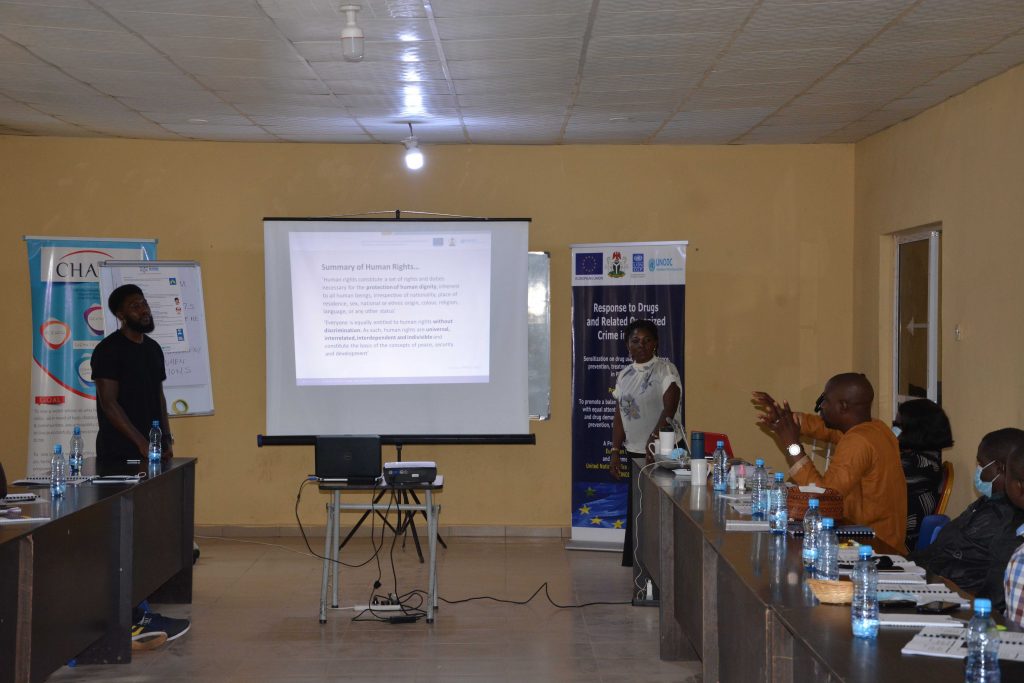

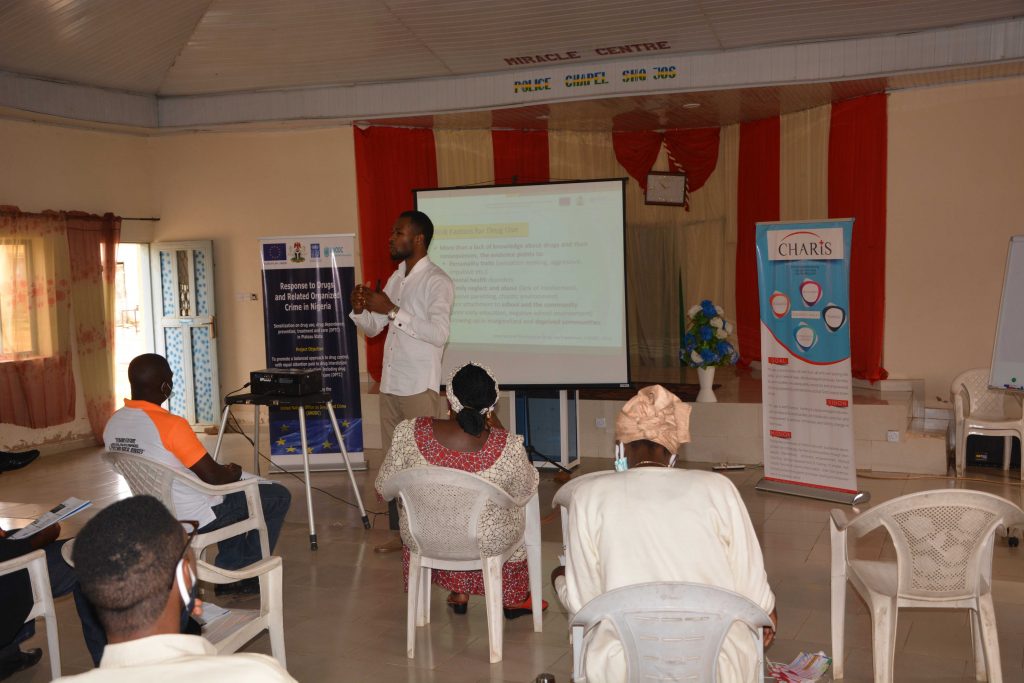

Charis - RLS ROUNDTABLE II:
ADDRESSING ISSUES OF PEACE, JUSTICE, SECURITY AND
HUMAN RIGHTS (THE RIGHT TO HEALTH)
CHARIS implemented a webinar discussion programme in September 2020. The programme aims at establishing an open dialogue and public lecture on fundamental human rights introducing approaches that reduces the risk of psychological impairment and its effect on the domains of functioning and well-being with emphasis on alternative development to address the incessant crisis, promoting peaceful reconciliation. Beneficiaries connected within and outside Nigeria.
Presentations and discussions topics:
– Drug Use and the Criminal Justice System. Antiquity and Modern Times
– The Impact of Historic Trauma and Violence on Peace Building: Community Based Approaches
Key Deliverables
- Knowledge on human rights, peacebuilding and the criminal justice system increased.
- Policies promoting the fundamental rights of individuals who use drugs, reducing stigma and promoting access to treatment promoted.
- Positive change inspired among individuals on peacebuilding and reconciliation.
- Issues around discrimination, fairness and equity among people with mental health disorders were addressed.
- Public awareness, active youth participation and community commitment in peacebuilding and alternative development approach strengthened.
- More inclusive alternatives and mechanisms to address mental illnesses caused by conflict, and the associated stigma should be set in place.
- Experts suggest that social and political reforms should strive to deliver justice and public recognition for victims of war and conflict.

Charis - RLS ROUNDTABLE III:
DISCUSSIONS BEYOND THE COVID19 PANDEMIC: THE NIGERIA PSYCHOSOCIAL SYSTEM
IN EMERGENCY (CHALLENGES, IMPLICATIONS &
RECOMMENDATIONS)
The activity engaged key influencers inclusive of law makers, community leaders, political leaders, academicians, legal and mental health professionals, youths as well as the general public to actively contribute in creating ideologies that create the framework for a new era in Nigeria the health system creating long and lasting change through policy influence and building people culture.
Project Objectives:
- To increase knowledge and to sensitize the general public on the right to
health and related issues. - To examine the Nigerian psychosocial system as it responses to COVID 19
pandemic & beyond: Challenges & implication. - To advocate for policies that promotes evidenced based response to
emergency in Nigeria. - To influence positive change from the grassroot mirroring on community-based approaches and promote a commitment to mitigate the attendant
impact of the pandemic.
Presentations and discussions topics:
– The Nigeria Psychosocial Support System in the Era of Emergency: COVID19 Challenges and Implications.
– Beyond COVID-19 Pandemic: Towards a wholistic response: Emergency
Preparedness the role of stakeholders in mitigating the effects on wellbeing
and development.

